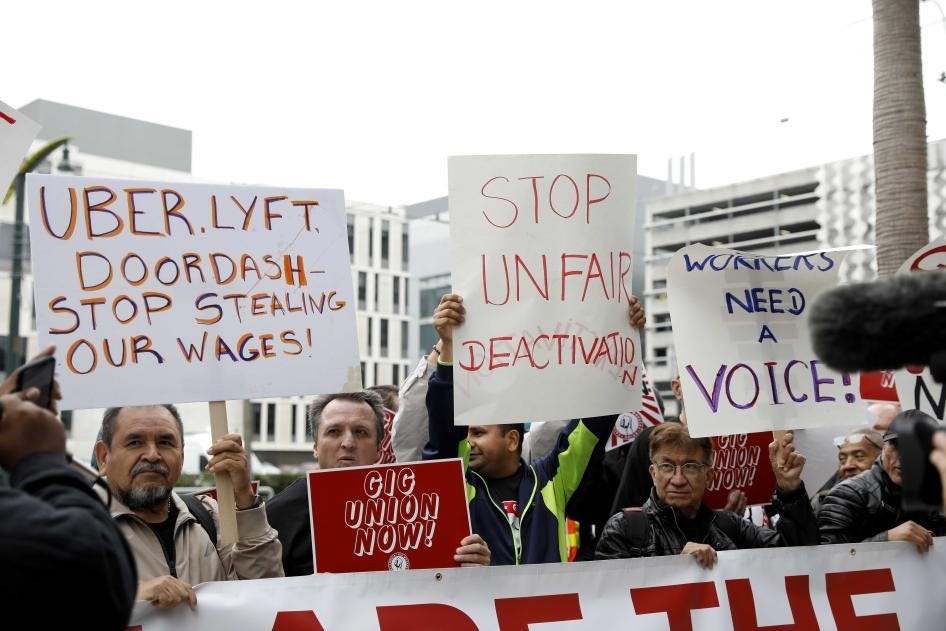The Digital Feudalism Trap
How Gig Work Exploits Freedom’s Promise?
The promise of the gig economy was endless flexibility, but for many, it’s become a digital trap. Join me as we unpack California’s bold move to give Uber and Lyft drivers union rights, and why this fight for economic citizenship affects us all in this new algorithmic world.
The Lure and Lie of ‘Independent’ Work
We’ve all seen the ads: ‘Be your own boss! Set your own hours!’ The gig economy promised a glittering new era of freedom and autonomy. I remember thinking how liberating it sounded. Yet, for countless drivers, couriers, and freelancers, that promise has slowly curdled into a new form of servitude. You’re ‘independent,’ yes, but controlled by an algorithm that dictates your pay, your route, your ratings. It’s a paradox: the more you chase that elusive ‘freedom,’ the more you find yourself ensnared by an invisible, digital hand. The big question I keep asking myself is, can we truly be free when our livelihoods are dictated by an opaque black box?
California’s Bold Experiment to Reclaim Power
That’s why California’s recent move feels like such a seismic shift. On October 3rd, Governor Newsom signed a bill granting over 800,000 ride-hailing drivers the right to unionize and engage in good-faith bargaining. This isn’t about making them traditional employees, but about giving them collective power as independent contractors. It’s a nuanced, ambitious attempt to bridge the gap between innovation and exploitation. While delivery apps are excluded for now, this law forces giants like Uber and Lyft to finally sit at the table with the people who make their businesses run. It’s an acknowledgement that the old definitions of ‘worker’ just don’t fit the digital age anymore, and something new is needed.
Beyond the Apps: Why This Fight is For All of Us
This isn’t just about Uber drivers; this is about our universal human weakness for convenience, often at the expense of justice. It’s about the creeping tendency to accept new forms of control if they’re wrapped in a shiny, technologically advanced package. Think about it: when powerful platforms can dictate terms without accountability, it sets a precedent for every industry. The stakes are existential. This battle for gig worker rights is a modern echo of historical struggles for economic citizenship, reminding us that true freedom isn’t just individual; it’s also collective. As Hannah Arendt wisely observed:
‘The most radical revolutionary will become a conservative the day after the revolution.’
– Hannah Arendt
It’s a reminder that the struggle for freedom is constant, adapting to new forms of power.
Go Deeper
Step beyond the surface. Unlock The Third Citizen’s full library of deep guides and frameworks — now with 10% off the annual plan for new members.
What This Means for Our Future and Your Place in It
California’s law is a powerful signal that societies are starting to push back against unchecked technological power. It forces us to ask: what kind of digital economy do we want to build? One where convenience triumphs over dignity, or one where innovation is tempered by fairness? This synthesis of old labor principles and new digital realities offers a glimmer of hope for a more equitable future. The ongoing battle for gig worker rights is fundamentally a fight for the very soul of modern labor, challenging us to define what true economic freedom means in the 21st century. We cannot afford to be passive observers. We must actively demand systems that serve humanity, not the other way around. Our collective well-being depends on it.
‘The greatest danger to our freedom is the indifference of our own people.’
– Thucydides



